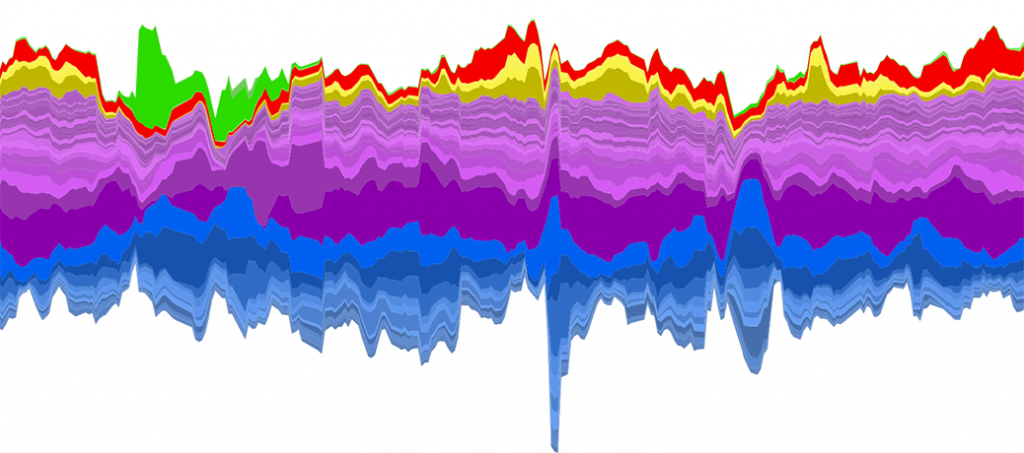Human epithelial surfaces are colonized by trillions of commensal microbes representing thousands of unique bacterial species, commonly refered to as the human microbiota. The David Lab seeks to understand, predict, and manipulate how human microbiota behave over time. We are particularly interested in how the dynamics of these human-associated microbial communities are shaped by human nutrition. Our research also includes developing tools and methods to pursue this interest. Below are several research projects now underway in the lab. Click here to see prior and completed projects.
Dietary Strategies for Enhancing Pathogen Resistance in the Gut
The food we eat likely affects our risk of infection. Our diet choices alter microbial communities in our intestine, which in turn naturally resist pathogens that we ingest. Still, we do not know precisely which aspects of diet shape our susceptibility...
Engineering Device for Tracking Human Waste Output
For the prognosis and management of various health conditions, it is useful to track the amount of urine and feces a subject passes. However, accurate monitoring of such biological functions is difficult. We are developing a medical device ...
Personalizing Prebiotic Therapies that Target Gut Microbiota
Dietary carbohydrates nourish human gut bacterial communities (microbiota) that resist pathogens, metabolize drugs, and train the immune system. Short-chain fatty acids, which are end products of microbial polysaccharide fermentation, are also crucial...
Tapping into the power of plants for the developing infant gut
The following is reprinted from an interview produced by Nature Portfolio on a project in the David Lab sponsored by the Global Grants for Gut Health.
Lawrence David, Sylvia Becker-Dreps, Teresa McDonald and colleagues, together with Filemon Bucardo...
Using DNA sequencing to assess dietary species richness
Valid measures of diet are essential for monitoring and improving human health. One simple measure is dietary diversity (i.e., the number of different foods eaten over a period of time), which can serve as a marker of nutritional inadequacies. Surveys...
